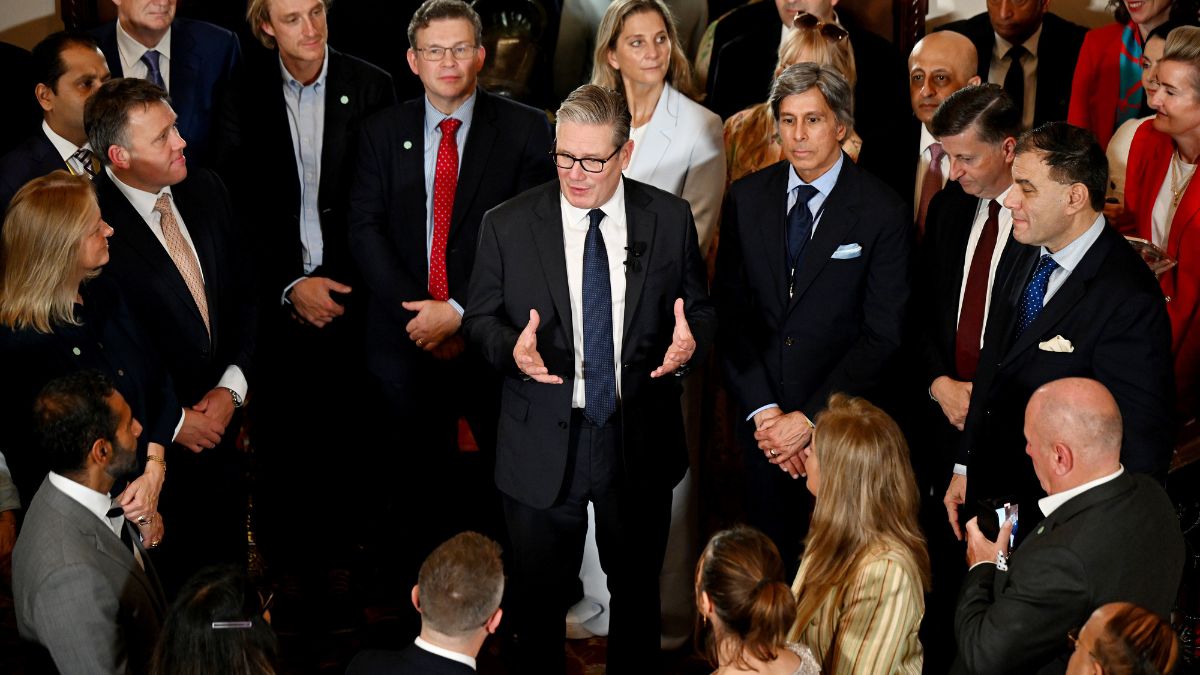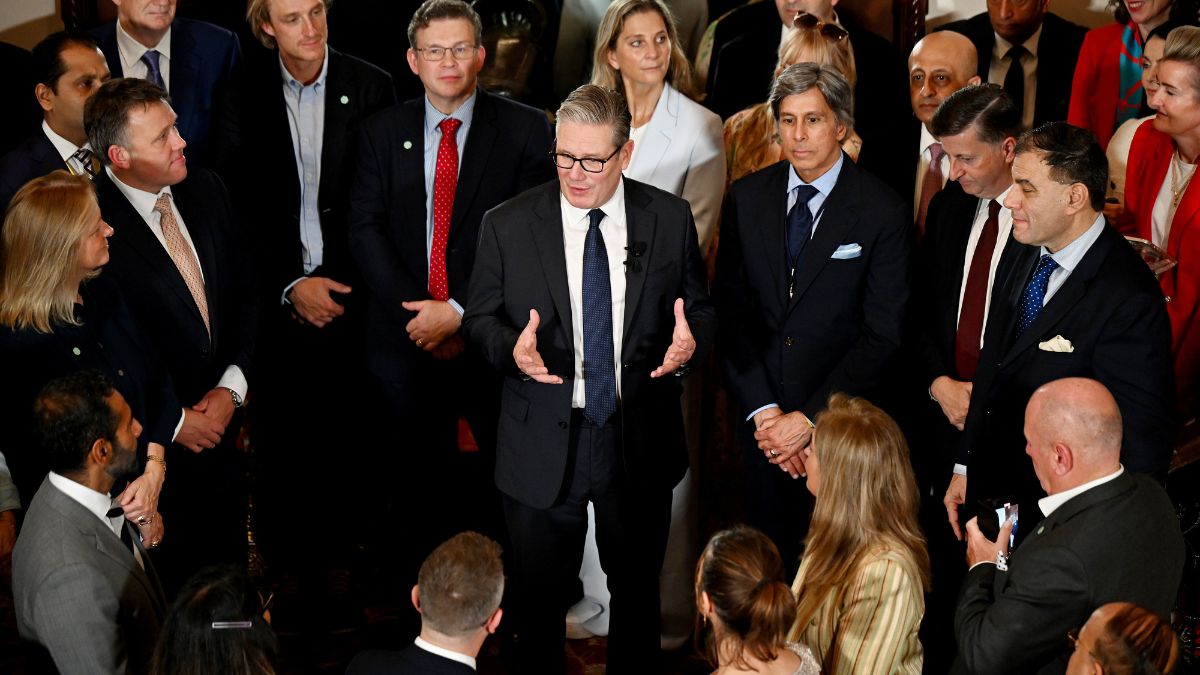The Royal Swedish Academy of Sciences has awarded the 2025 Nobel Prize in Chemistry to Susumu Kitagawa, Richard Robson and Omar M. Yaghi for their pioneering work in developing metal–organic frameworks (MOFs), an entirely new class of materials that has transformed the way scientists design substances for energy storage, catalysis and drug delivery.
Announcing the award in Stockholm, the Academy said the trio’s discoveries “have given rise to an entirely new field of materials chemistry.” The three laureates, Japanese chemist Susumu Kitagawa, UK–Australian scientist Richard Robson and American chemist Omar M. Yaghi were recognised for laying the foundations of MOF research that began in the late 1990s and has since expanded into one of the most active areas in materials science.
BREAKING NEWS
— The Nobel Prize (@NobelPrize) October 8, 2025
The Royal Swedish Academy of Sciences has decided to award the 2025 #NobelPrize in Chemistry to Susumu Kitagawa, Richard Robson and Omar M. Yaghi “for the development of metal–organic frameworks.” pic.twitter.com/IRrV57ObD6
What are metal–organic frameworks?
Metal–organic frameworks, or MOFs, are a class of porous, crystalline materials formed from two key components metal nodes and organic linkers. The metal ions or clusters act as nodes, while the organic molecules act as linkers, connecting the nodes through coordination bonds to form intricate three-dimensional structures.
What makes MOFs extraordinary is their highly tunable structure. Chemists can design pores of specific sizes and chemical compositions, creating frameworks tailored for a wide variety of uses. This flexibility enables applications in gas storage, chemical separation, catalysis and drug delivery areas where controlling molecular interactions at the nanoscale is essential.
By combining the strength of metals with the versatility of organic chemistry, MOFs bridge the gap between inorganic and organic materials, producing frameworks that can be designed “atom by atom” for a desired function.
Impact Shorts
More ShortsWhy are they important?
MOFs are considered one of the most versatile materials developed in modern chemistry. Their potential applications extend across industries from environmental management to medicine and clean energy.
Gas capture and storage: MOFs can efficiently trap gases such as carbon dioxide, making them promising materials for carbon capture and storage technologies. They can also store hydrogen and methane for cleaner fuel systems.
Catalysis: The active metal sites in MOFs enable them to facilitate chemical reactions, improving efficiency in industrial and laboratory settings.
Separation: MOFs’ precisely engineered pore sizes allow for the separation of molecules based on size or chemical affinity, a feature valuable in chemical and pharmaceutical production.
Drug delivery: Their porous frameworks can encapsulate therapeutic molecules and release them in a controlled way inside the body, offering potential for next-generation drug delivery systems.
Sensing: MOFs can detect trace amounts of pollutants or chemicals, making them useful in environmental monitoring and biosensing applications.
Because of this vast range of uses, MOFs are seen as a key component of the sustainable materials revolution, aligning with global efforts to reduce emissions and enhance energy efficiency.
How are they made?
The synthesis of MOFs is based on self-assembly, where metal ions or clusters are mixed with organic linkers under controlled conditions, allowing them to naturally form ordered three-dimensional structures.
One of the most common fabrication techniques is solvothermal synthesis, in which the metal and organic components are heated in a solvent to promote crystal growth. The conditions — including temperature, solvent type, and reaction time — can be adjusted to determine the final structure and properties of the MOF.
After synthesis, researchers often perform post-synthetic modification, which allows them to fine-tune the material’s characteristics, such as pore size, chemical reactivity, or stability. This adaptability is one of the reasons MOFs have become a cornerstone of modern materials design.
Transformative impact on modern chemistry
Since their discovery, MOFs have redefined what is possible in molecular architecture. Their record-breaking surface area in some cases greater than 7,000 square metres per gram allows for the absorption and storage of vast quantities of molecules.
Omar Yaghi’s early work demonstrated how MOFs could be used to trap gases, while Kitagawa and Robson developed frameworks that were both stable and reversible, paving the way for practical applications. Together, their contributions laid the foundation for a material that could one day help store renewable energy, purify water, or reduce industrial emissions.
In awarding the 2025 Nobel Prize in Chemistry to Kitagawa, Robson, and Yaghi, the Swedish Academy highlighted the transformative nature of their discovery, a field that has evolved from fundamental chemistry into a multidisciplinary engine of innovation touching nearly every aspect of science and technology.


)

)
)
)
)
)
)
)
)



